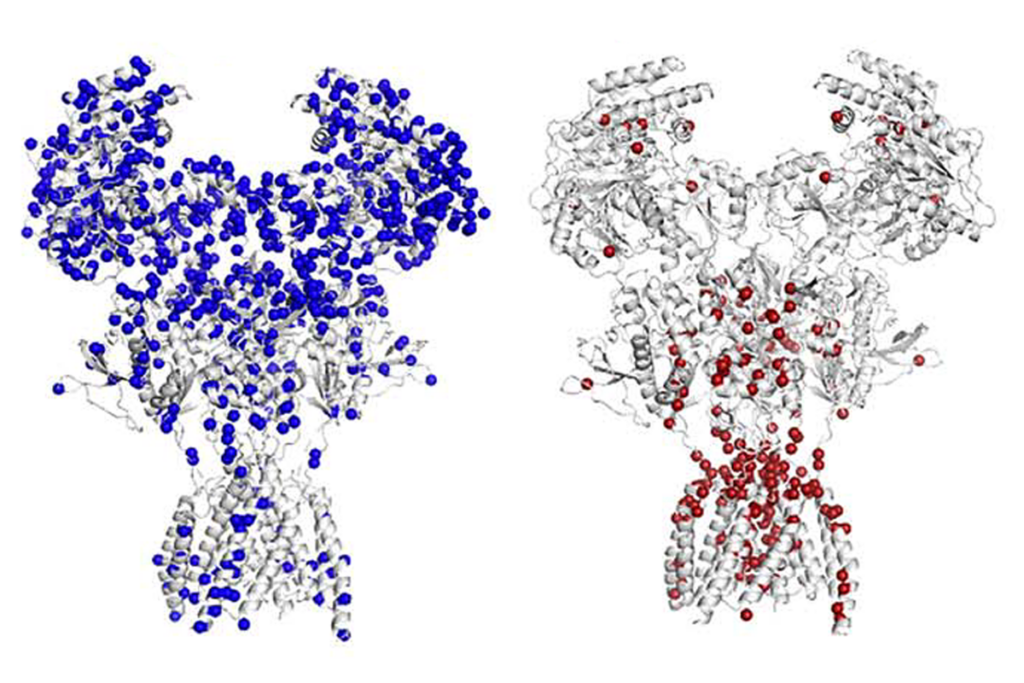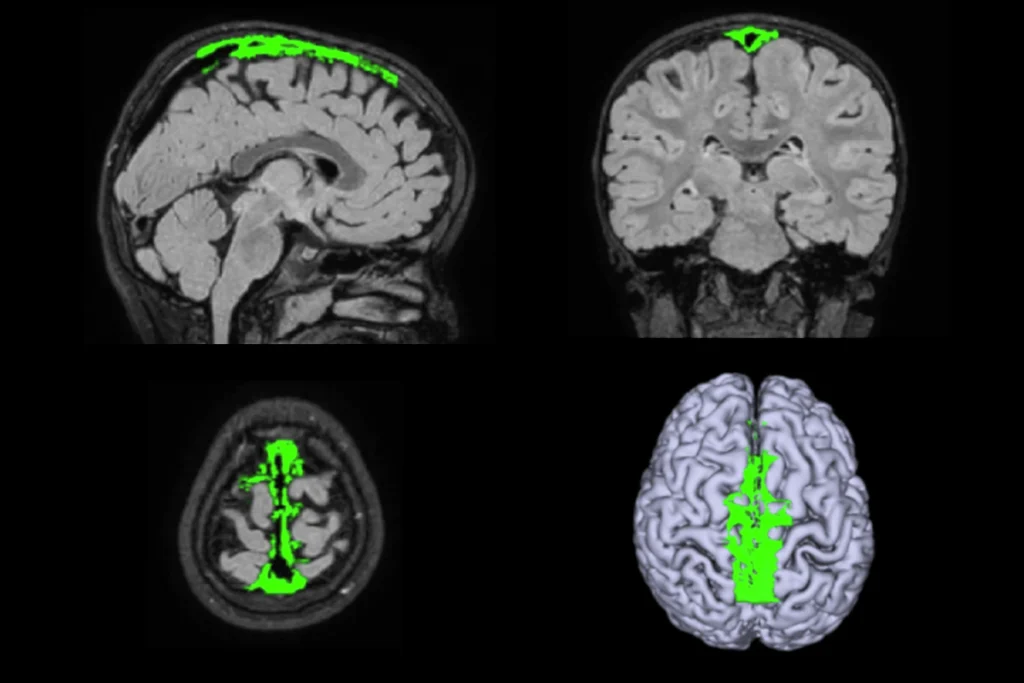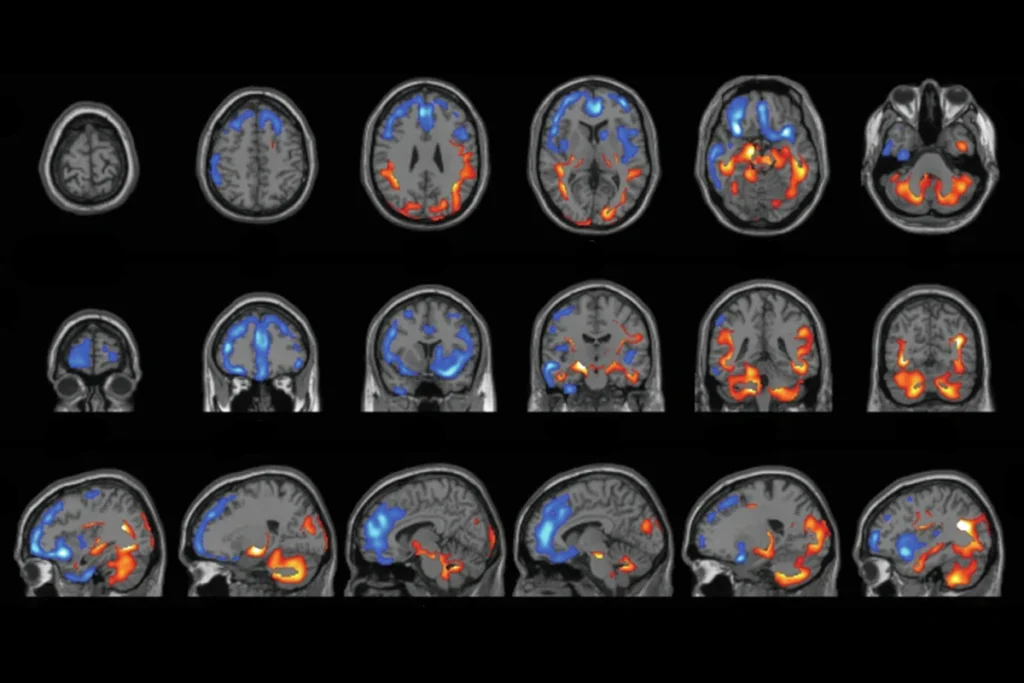- Autistic adults with depression—unlike their autistic peers without it—perceive their autism traits and social interactions more harshly than do objective measures of these characteristics. Molecular Autism
- Mice carrying a variant of the autism-linked gene MYT1L display physical, neurological and behavioral traits analogous to those seen in people but live just as long as wildtype mice. Scientific Reports
- Brain signal variability—a measure of neural dynamics and flexibility—is lower in autistic people than in their non-autistic peers, and it changes with age. Molecular Autism
Depression perception; MYT1L mice; brain signal variability
Here is a roundup of autism-related news and research spotted around the web for the week of 17 February.
By
Jill Adams
18 February 2025 | 1 min read

Functional noise: Autistic people have less variable brain signaling in several regions during resting state than their non-autistic peers.
- Deleting the MECP2 gene in adult mice spurs an immediate down-regulation in gene expression and subsequent changes in physical and behavioral measures. Neuron
- Rats exposed to maternal autoantibodies throughout gestation show altered populations of cytokines and growth factors, as well as changes in gene expression and neuronal development. Molecular Psychiatry
- Autistic researchers may face challenges, but there are many ways to thrive, writes Holden Thorp, editor-in-chief of the journal Science, who recently disclosed he is autistic. STAT
tags:
Recommended reading

New organoid atlas unveils phenotypic signatures of multiple neurodevelopmental conditions
By
Diana Kwon
17 December 2025 | 4 min read

Glutamate receptors, mRNA transcripts and SYNGAP1; and more
By
Jill Adams
16 December 2025 | 2 min read

Among brain changes studied in autism, spotlight shifts to subcortex
By
Holly Barker
11 December 2025 | 5 min read
Explore more from The Transmitter

Emotional dysregulation; NMDA receptor variation; frank autism
By
Jill Adams
26 November 2024 | 1 min read

Okur-Chung neurodevelopmental syndrome; excess CSF; autistic girls
By
Jill Adams
22 October 2024 | 2 min read

Cerebellum structure; AMPA receptors; MAGEL2 gene
By
Jill Adams
29 October 2024 | 1 min read
Cite this article: